Jay-Z went on stage to praise his wife’s 33 Grammy wins and accuse the Grammys of not giving Beyoncé a “Album of the Year” award
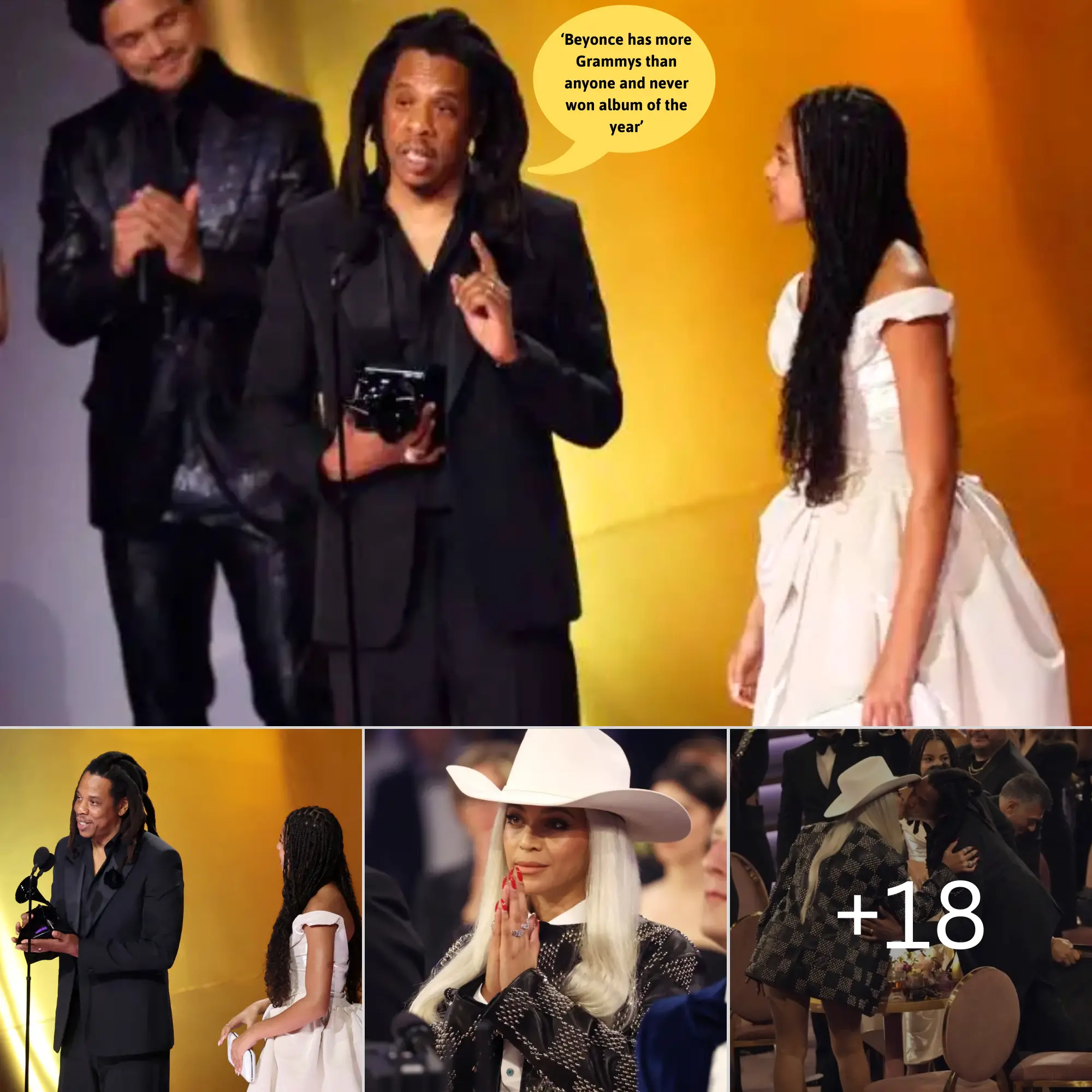
At the pinnacle of his career, Jay-Z has not only mastered the art of hip-hop but has also become an influential voice in the music industry. In a recent and momentous display of support for his wife, the iconic Beyoncé, Jay-Z took center stage during a live performance to celebrate her astounding 33 Grammy wins.
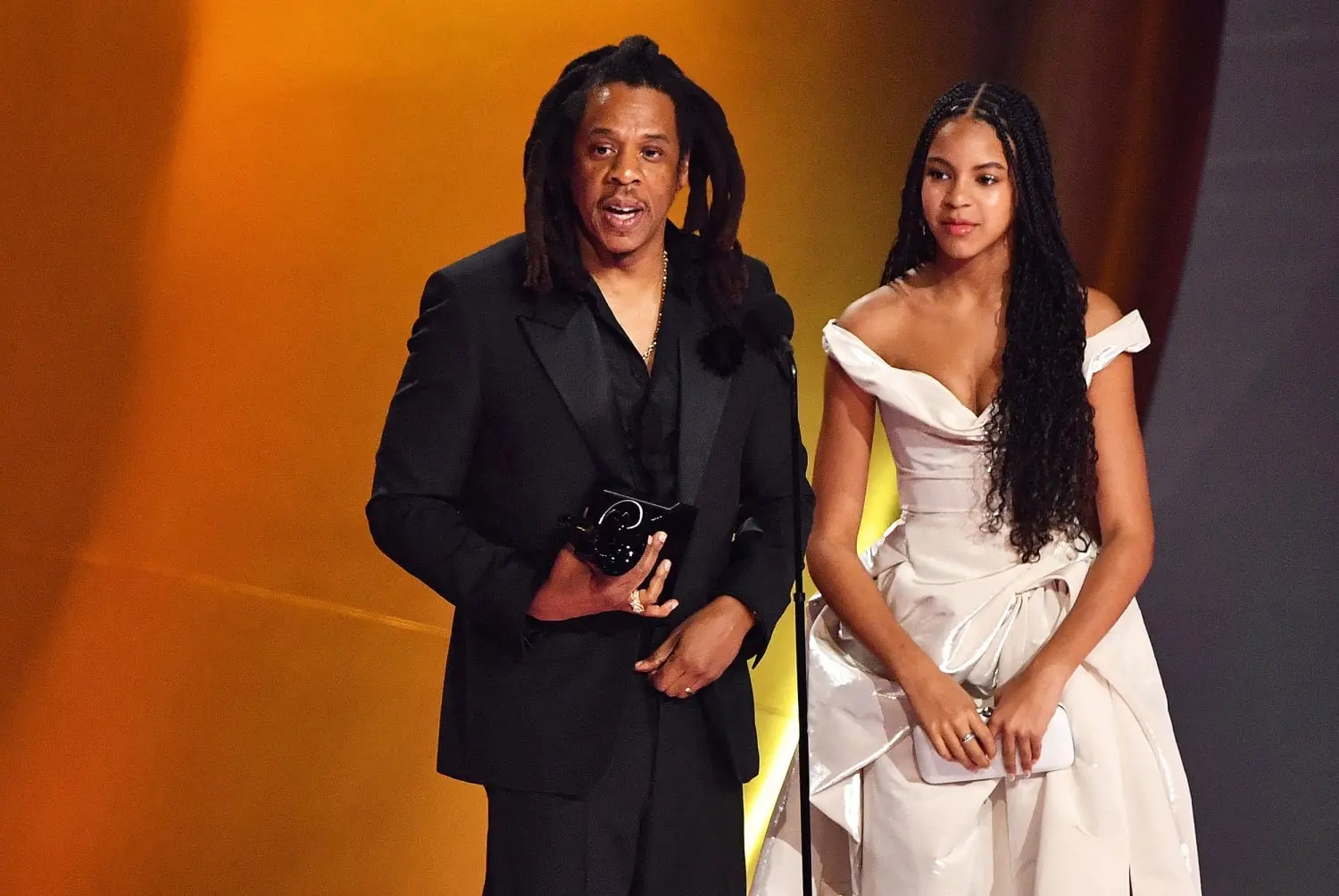
The power couple has long been a symbol of success, talent, and resilience, and this public acknowledgment of Beyoncé’s achievements underscored the deep admiration and respect Jay-Z holds for her artistry.
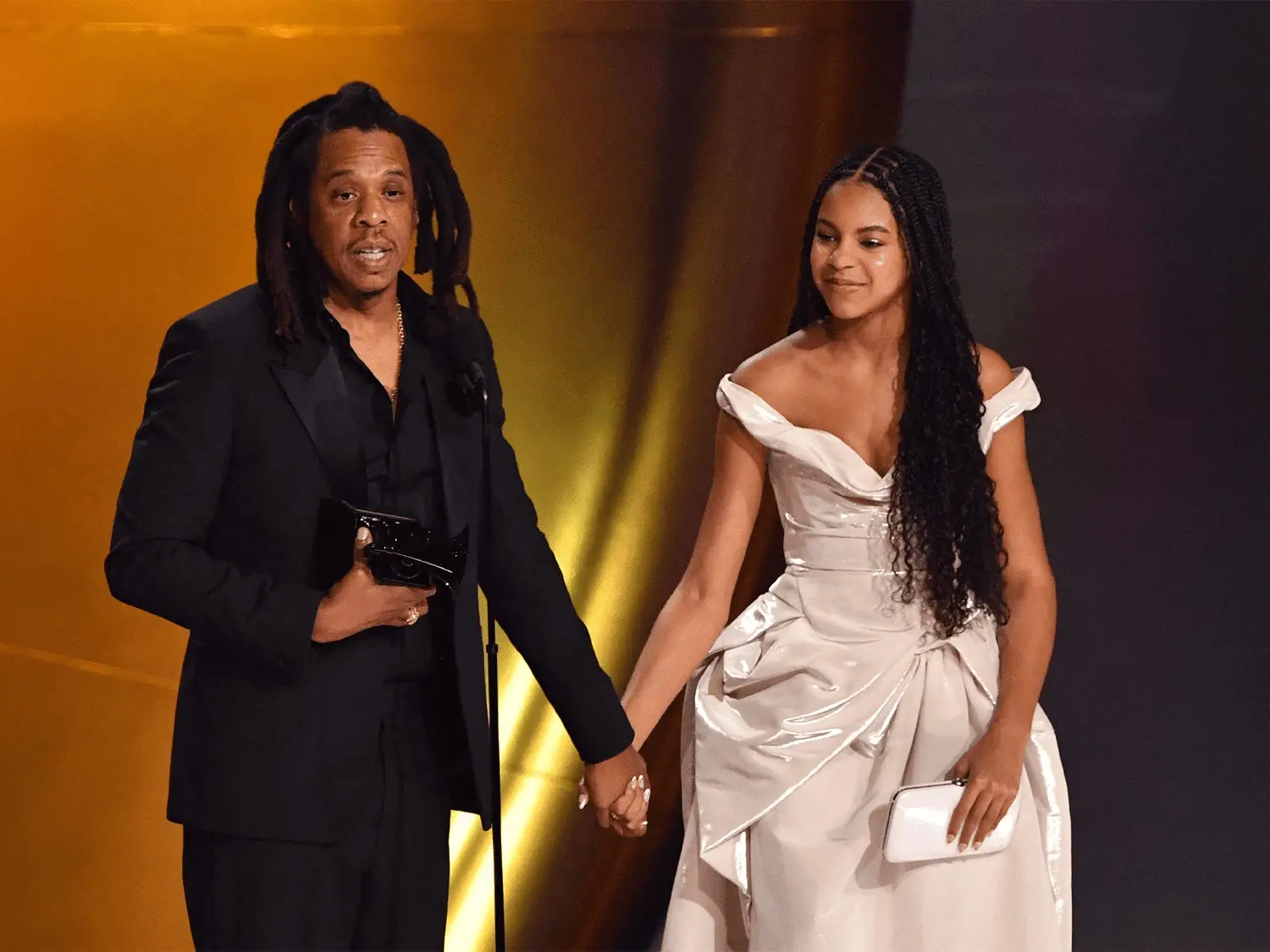
However, the celebratory tone took a turn when Jay-Z used the platform to voice his discontent with the Grammy Awards, specifically addressing the perennial omission of Beyoncé’s albums from the coveted ‘Album of the Year’ accolade. Despite her unparalleled impact on the music industry and the cultural zeitgeist, Beyoncé has found herself repeatedly snubbed in this category, sparking debates about the legitimacy and fairness of the Grammy selection process. Jay-Z, known for his candid and unapologetic stance, seized the moment to criticize the Grammys for their apparent oversight, bringing attention to what many perceive as a systemic issue within the awards system.
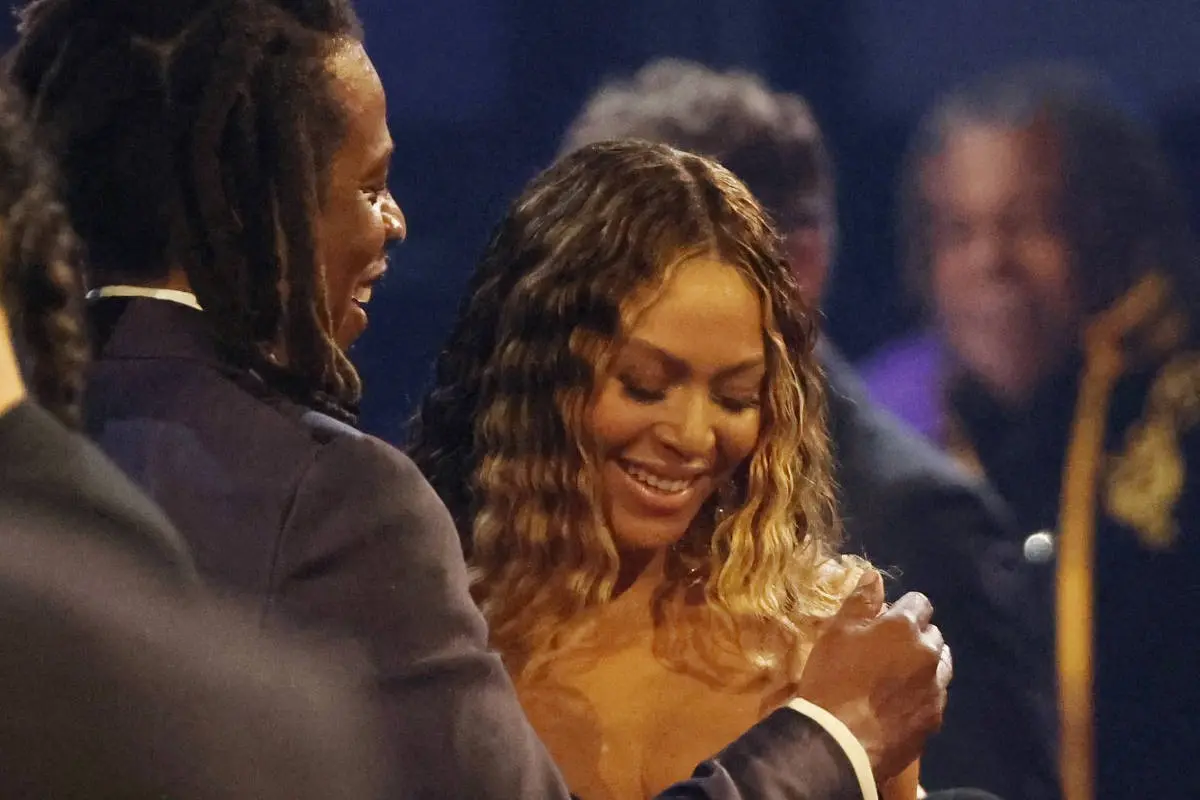
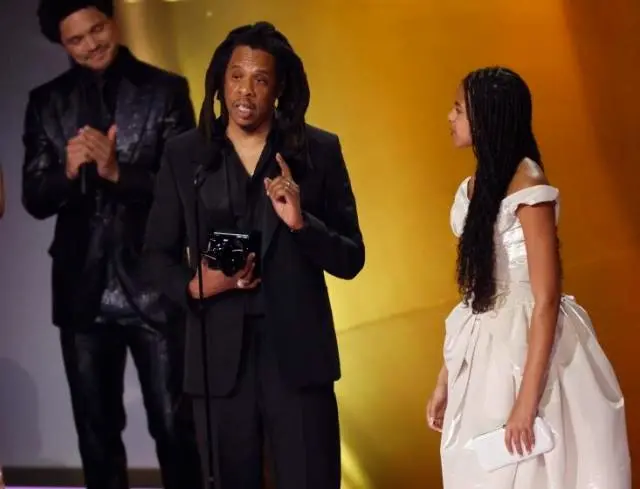
Jay-Z’s critique of the Grammys reflects a broader conversation about representation and recognition in the music industry. The underrepresentation of Black artists and their work in major categories has been a recurring issue, prompting discussions about the need for systemic changes within the Grammy Awards. The moment on stage was not just a husband proudly celebrating his wife’s achievements but also a powerful statement challenging the status quo and demanding a more inclusive and equitable recognition of diverse talent.
The impact of Jay-Z’s words reverberated beyond the stage, sparking conversations within the music community and among fans. The incident spurred a renewed examination of the Grammys’ selection process, pushing industry leaders to address issues of bias and acknowledge the need for reform. As one of the most influential figures in the music world, Jay-Z’s decision to use his platform to advocate for change highlighted the importance of challenging established norms and advocating for a more inclusive and representative celebration of musical excellence. In the aftermath of this powerful moment, the conversation around the Grammy Awards took on a new dimension, inspiring hope for a future where all artists, regardless of their background, are acknowledged and celebrated on an equal playing field.






